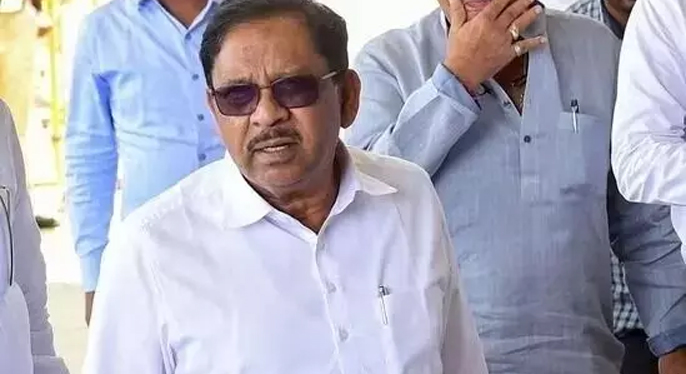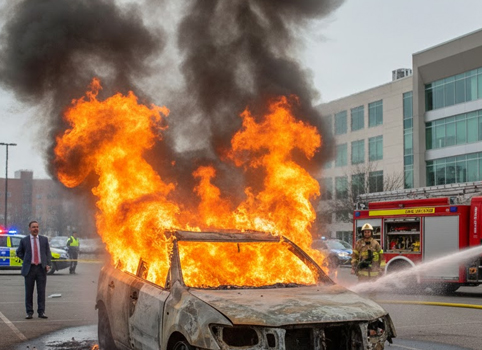New Delhi, April 24: A rise in global crude oil cost to around $75 per barrel lifted the domestic retail petrol price higher for the sixth consecutive day in New Delhi on Tuesday.
Consequently, the widely-consumed transportation fuel became dearer by 13 paise to Rs 74.63 per litre from Monday's cost of Rs 74.50 per litre.
As per data available on IndianOil's website, Tuesday's motor spirit price level in New Delhi was the highest since September 14, 2013 when it had touched Rs 76.06 a litre.
Besides New Delhi, petrol prices climbed to new multi-year highs in other major metro cities -- Kolkata, Mumbai and Chennai -- at Rs 77.32, Rs 82.48 and Rs 77.43 per litre respectively on Tuesday.
The previous highs in these cities were Rs 78.03 (Kolkata, August 2014), Rs 83.62 (Mumbai, September 2013) and Rs 77.48 (Chennai, September 2013).
Apart from petrol, diesel prices, too, touched record high levels on Tuesday in Delhi, Kolkata, Mumbai and Chennai. They rose to Rs 65.93, Rs 68.63, Rs 70.20 and Rs 69.56 per litre respectively.
According to analysts, the recent upsurge in the costs of transportation fuel have been triggered due to a rise in global crude oil prices.
On Tuesday, Brent crude price rose to $75 per barrel due to geo-political tensions in the Middle East, whereas it cost over $100 a barrel in 2013.
Currently, prices of transport fuels are changed on a daily basis unlike the previous norm of fortnightly revisions.
In addition, the high rate of excise duty has contributed to the rise of transportation fuel prices.
In the Union Budget 2018-19, the government had reduced the basic excise duty on petrol and diesel by Rs 2. The government also abolished additional excise duty on fuel. But to compensate the move on the fiscal front, it increased the road cess to Rs 8 per litre.
Let the Truth be known. If you read VB and like VB, please be a VB Supporter and Help us deliver the Truth to one and all.
Kolkata (PTI): Seven people were arrested from the Parnashree area in the southern part of the city for allegedly running a fake call centre, a police officer said on Saturday.
Acting on a tip-off, police raided a house on Netaji Subhas Road on Friday night and found the fake call centre operating from the ground floor, he said.
Preliminary investigation revealed that the accused had set up a bogus company using forged documents and posed as employees of an antivirus firm to call citizens in the US, the officer said.
"The callers would gain the trust of victims and then use remote access to take control of their phones or other digital devices. The accused allegedly siphoned off large sums of money, running into millions of dollars, from victims' accounts," he said.
Five laptops, two WiFi routers, six mobile phones and four headsets were seized from the accused, he said, adding that the seven are being questioned to ascertain the full extent of the racket and to identify others involved.




